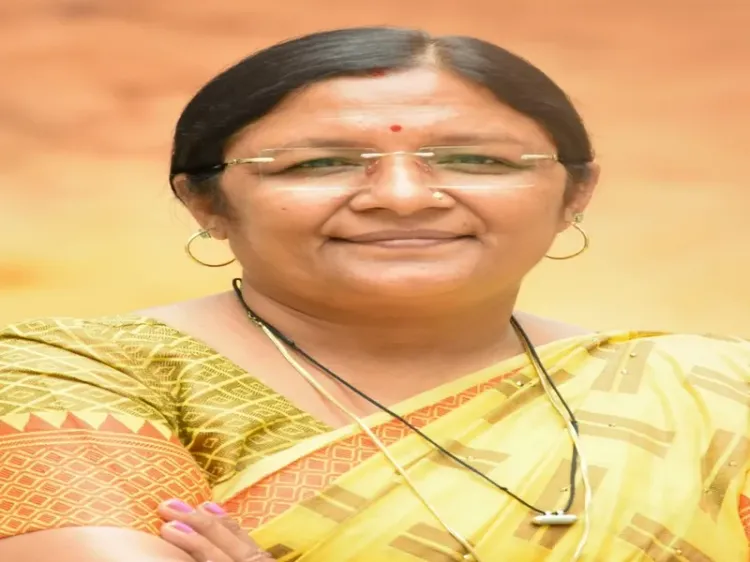754 Fast Track Courts Resolve Over 300,000 Rape and POCSO Cases in January: Government

Synopsis
Key Takeaways
- 754 fast track courts disposed over 300,000 cases in January.
- POCSO Act amended in 2019 for stricter penalties.
- Department of Justice is setting up more FTSCs.
- Section 4 mandates severe penalties for penetrative assault.
- NCPCR is conducting awareness campaigns for child protection.
New Delhi, March 20 (NationPress) Approximately 754 fast track courts (FTSCs) have resolved over 300,000 cases concerning rape and the Protection of Children from Sexual Offences (POCSO) in January, as reported by the government.
The Minister of State for Women and Child Development, Savitri Thakur, emphasized in Lok Sabha that the government prioritizes the safety and security of children and has launched various initiatives to this end.
Among the measures to protect children from sexual abuse and harassment is the POCSO Act, 2012, which defines a child as any individual under the age of 18 years.
Thakur noted that the Act was amended in 2019 to introduce more severe penalties, including the death penalty for sexual offenses against children, aiming to deter offenders and prevent such crimes.
As of January, there are 754 FTSCs, including 404 exclusive POCSO Courts, operational in 30 States/UTs, which have resolved over 306,000 cases, according to information from the High Courts.
Additionally, the Department of Justice is implementing a scheme to establish FTSCs, including exclusive POCSO courts, to ensure prompt trial and resolution of rape and POCSO-related cases.
Thakur also pointed out that Section 4 of the Act mandates rigorous imprisonment for a minimum of 20 years, which can extend to life imprisonment for penetrative sexual assault.
The POCSO Rules, 2020 were introduced to safeguard children against exploitation, violence, and sexual abuse.
Thakur mentioned that the National Commission for Protection of Child Rights (NCPCR) has been actively conducting sensitization and awareness campaigns, alongside monitoring efforts, focusing on significant child protection themes, particularly POCSO mechanisms.
These initiatives aim to ensure stakeholders are well-informed, engaged, and effectively equipped to enhance efforts in child protection and address welfare concerns, especially within the POCSO framework.






